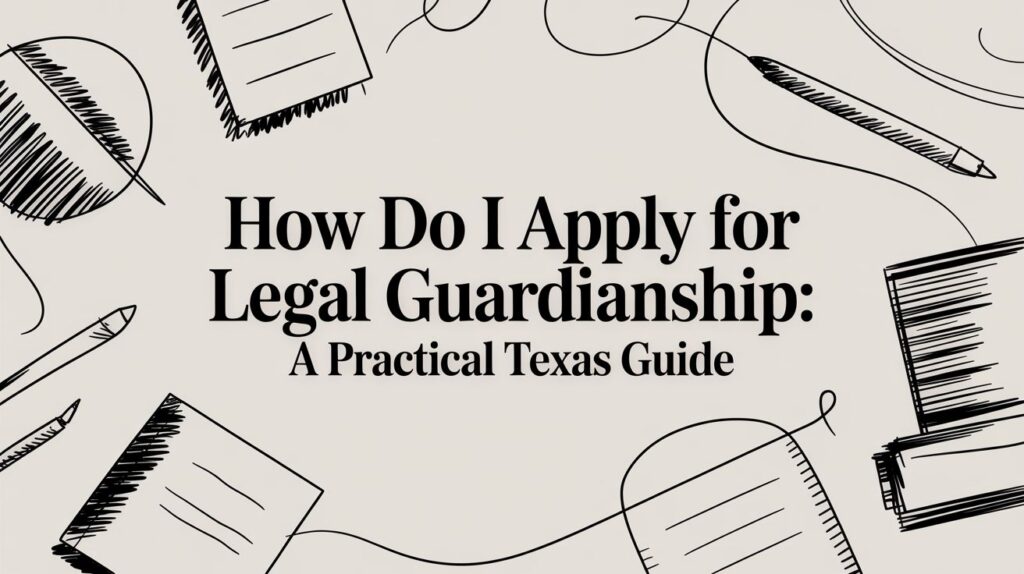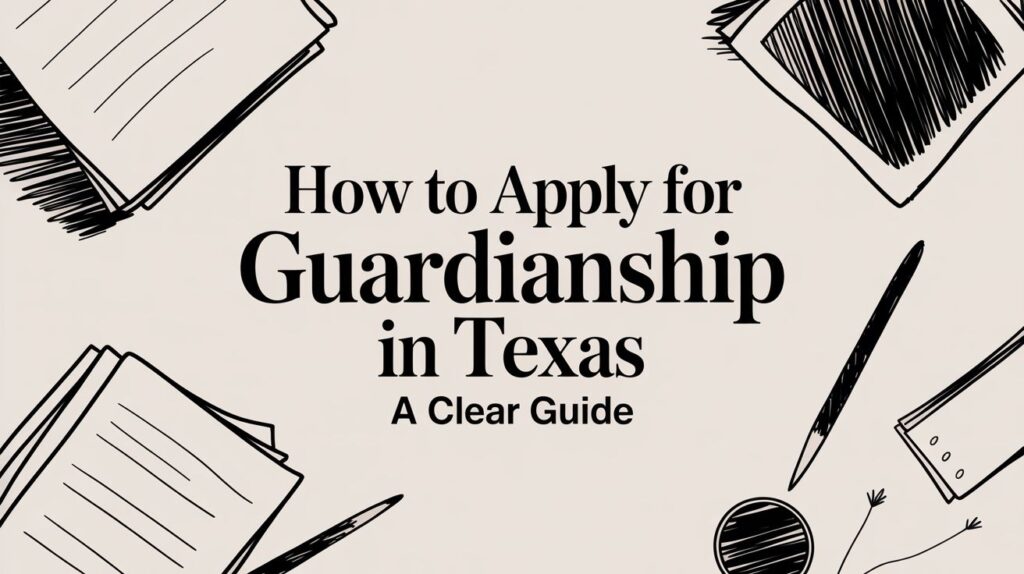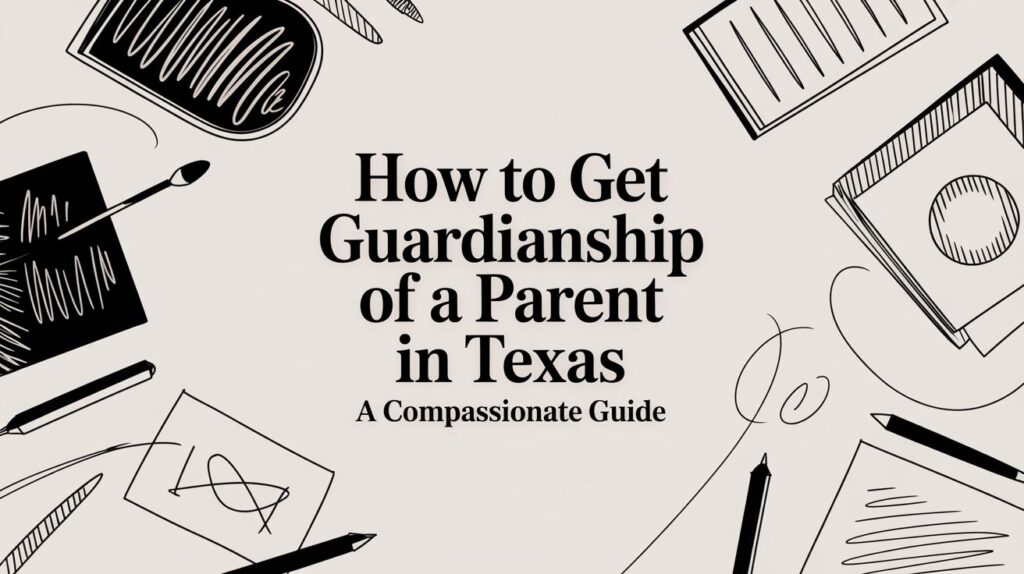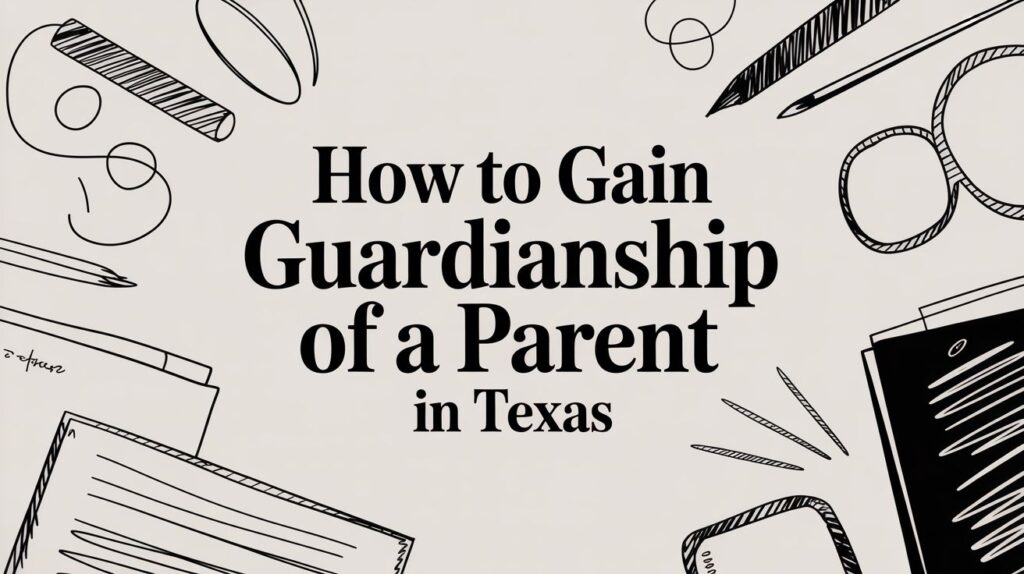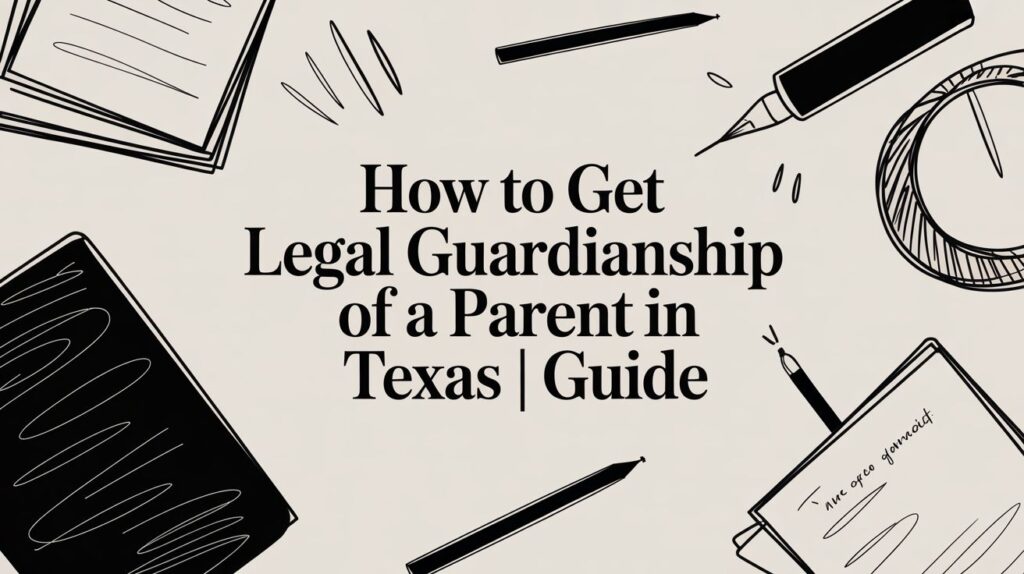Understanding the Guardianship Process in Texas
The guardianship process in Texas involves several legal steps designed to protect individuals who are unable to care for themselves. This process typically begins by assessing whether a loved one requires guardianship due to incapacity, which can stem from various medical or psychological conditions.
Once the need is established, the next steps involve gathering medical evidence, completing necessary paperwork, and filing a petition with the probate court. Understanding these steps is crucial for families to ensure they can navigate the legal landscape effectively and secure the necessary protections for their loved ones.
Eligibility Criteria for Guardianship in Texas
To be eligible for guardianship in Texas, an individual must demonstrate that the proposed ward is incapacitated and unable to manage their own affairs. This incapacity can be due to age, mental illness, or physical disability, and it must be substantiated by medical evidence.
Additionally, the potential guardian must meet specific criteria, including being an adult and having no criminal history that would disqualify them. Understanding these eligibility requirements helps families prepare for the application process and ensures that they meet all necessary legal standards.
Steps to File for Guardianship in Texas
Filing for guardianship in Texas requires careful preparation and adherence to legal procedures. The first step involves completing the guardianship petition, which outlines the reasons for requesting guardianship and details about the proposed ward.
After filing the petition, a court hearing is scheduled where evidence will be presented to support the need for guardianship. It is essential to have all documentation in order and potentially engage legal counsel to navigate this process smoothly and effectively.
Common Challenges in the Guardianship Process
Families seeking guardianship may encounter several challenges, including disputes among family members, legal complexities, and emotional stress. Disagreements about the need for guardianship or who should serve as the guardian can complicate the process significantly.
Additionally, the legal requirements can be daunting for those unfamiliar with probate law. Seeking guidance from experienced legal professionals can help mitigate these challenges and provide clarity throughout the guardianship process.

